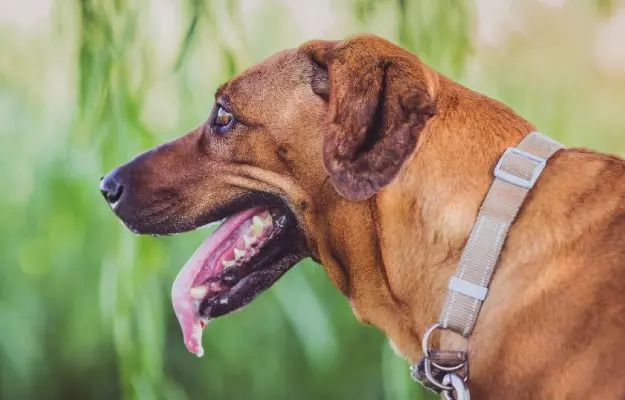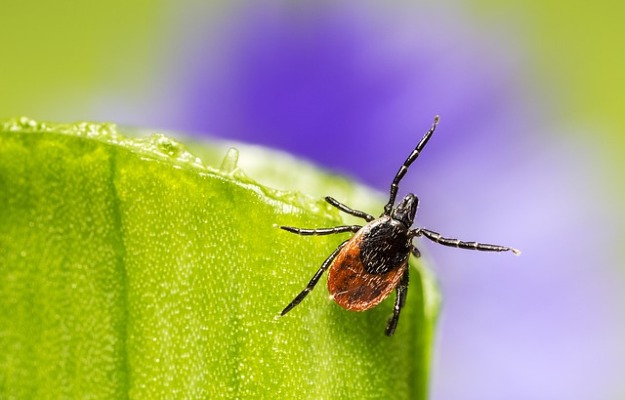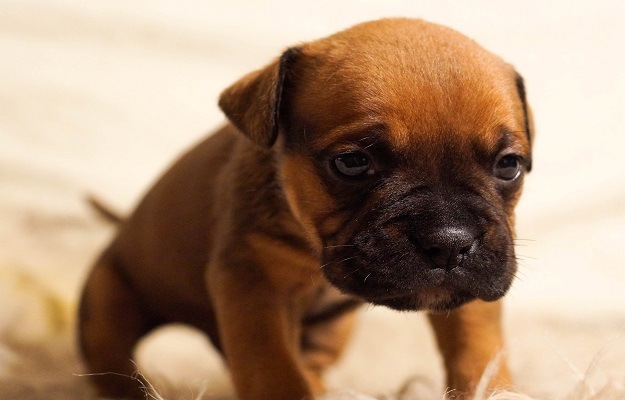If your dog drools occasionally it is dismissed as something quite innocuous. In fact, if the drooling is in response to a treat or a command, it is an indication of a healthy and alert dog. Drooling is caused by the excessive production of saliva. It can coat the dogs mouth and dribble onto the floor. Otherwise, excessive saliva can also be present in the oral cavity and not be seen as drool.
Saliva plays a key role in maintaining oral and dental health - it is 98% water but contains essential chemicals which attack invasive microbes. It thereby discourages the accumulation of plaque and formation of gingivitis and also fights bad breath. Saliva also contains calcium and phosphorous which the teeth absorb. A lubricated mouth is also more comfortable as there is less wear and tear, and there is a lower likelihood of food sticking around and causing infections. Additionally, saliva has a neutralizing effect on any lower GI (gastrointestinal) regurge and aids in preventing heartburn.
Saliva also contains an enzyme called amylase which initiates the breakdown of food in the body. The food is made into a bolus (chewed food) on its way to the gut.
The production of saliva is stimulated by external factors such as food or touch. Higher centers in the brain can also regulate saliva production. This suggests that excessive salivation can be caused by issues in the salivary glands themselves or even lesions in the brain. Gastric disorders can also cause issues with drooling.
If you notice that your dog is constantly drooling in the absence of a stimulus, it could be symptomatic of an underlying issue. Ptyalism, or excessive drooling, is caused primarily by hypersecretion of the salivary glands. The reasons for hypersecretion are varied and range from superficial issues to more serious health complications.



























